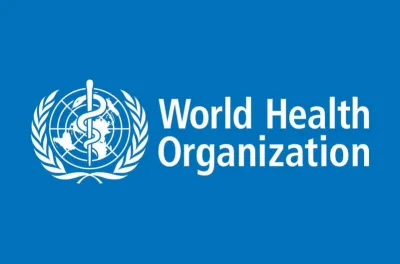
The World Health Organization (WHO) has released a new publication listing key regulatory considerations on artificial intelligence (AI) for health. The publication emphasizes the importance of establishing AI systems’ safety and effectiveness, rapidly making appropriate systems available to those who need them, and fostering dialogue among stakeholders, including developers, regulators, manufacturers, health workers, and patients.
Artificial intelligence holds great promise for health, but also comes with serious challenges, including unethical data collection, cybersecurity threats and amplifying biases or misinformation. This new guidance will support countries to regulate AI effectively, to harness its potential, whether in treating cancer or detecting tuberculosis, while minimising the risks.Dr Tedros Adhanom Ghebreyesus, WHO Director-General.
In response to growing country needs to responsibly manage the rapid rise of AI health technologies, the publication outlines six areas for regulation of AI for health.
- To foster trust, the publication stresses the importance of transparency and documentation, such as through documenting the entire product lifecycle and tracking development processes.
- For risk management, issues like ‘intended use’, ‘continuous learning’, human interventions, training models and cybersecurity threats must all be comprehensively addressed, with models made as simple as possible.
- Externally validating data and being clear about the intended use of AI helps assure safety and facilitate regulation.
- A commitment to data quality, such as through rigorously evaluating systems pre-release, is vital to ensuring systems do not amplify biases and errors.
- The challenges posed by important, complex regulations – such as the General Data Protection Regulation (GDPR) in Europe and the Health Insurance Portability and Accountability Act (HIPAA) in the United States of America – are addressed with an emphasis on understanding the scope of jurisdiction and consent requirements, in service of privacy and data protection.
- Fostering collaboration between regulatory bodies, patients, healthcare professionals, industry representatives, and government partners, can help ensure products and services stay compliant with regulation throughout their lifecycles.
AI systems are complex and depend not only on the code they are built with but also on the data they are trained on, which come from clinical settings and user interactions – for example. Better regulation can help manage the risks of AI amplifying biases in training data.
The new WHO publication aims to outline key principles that governments and regulatory authorities can follow to develop new guidance or adapt existing guidance on AI at national or regional levels.








